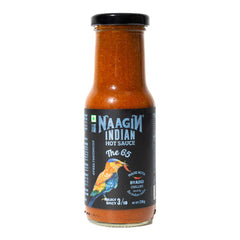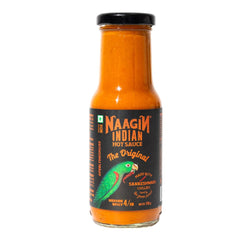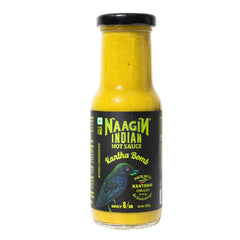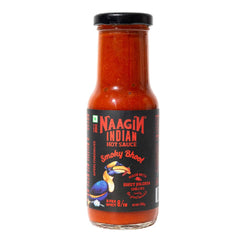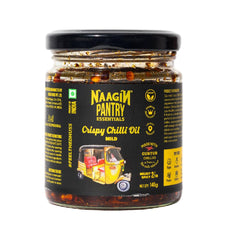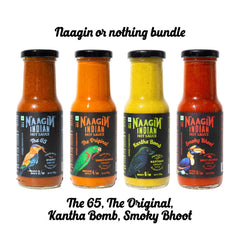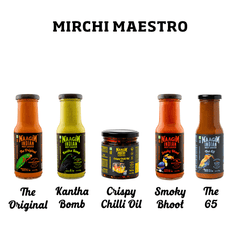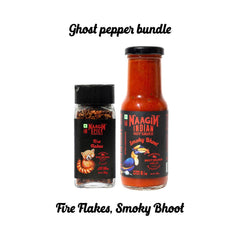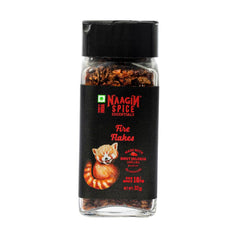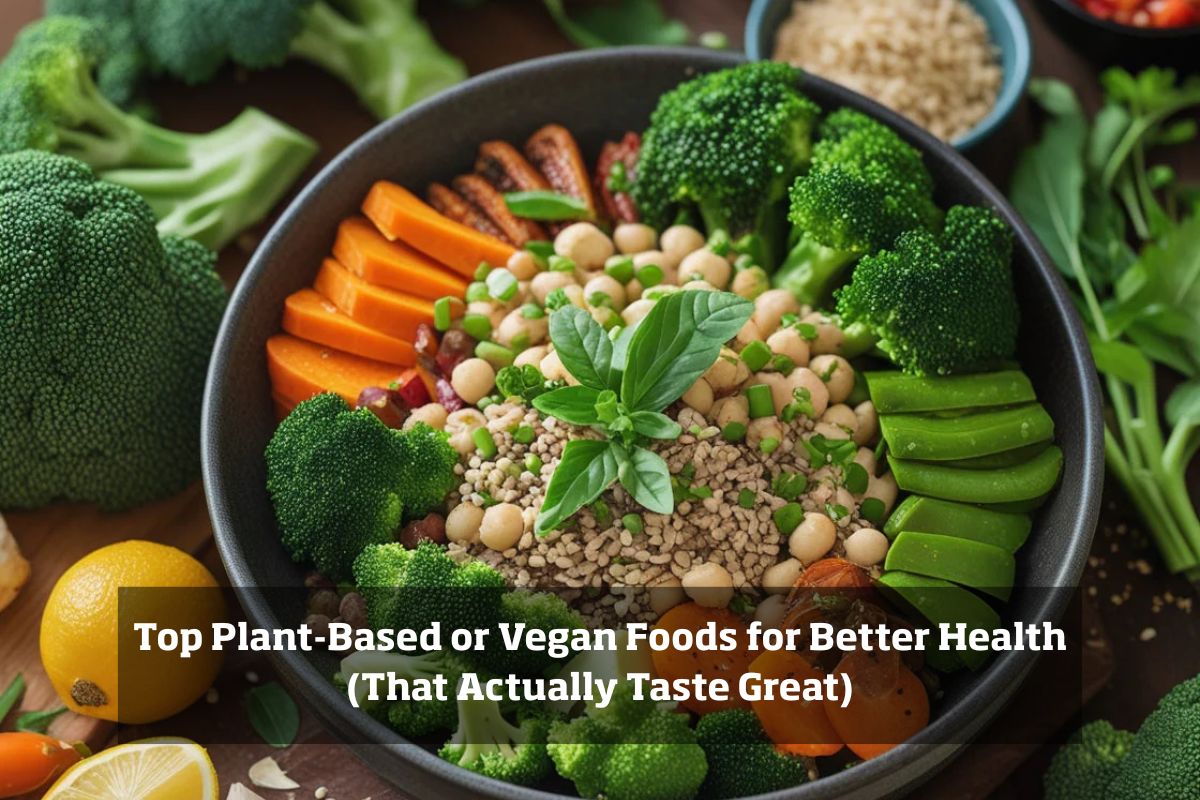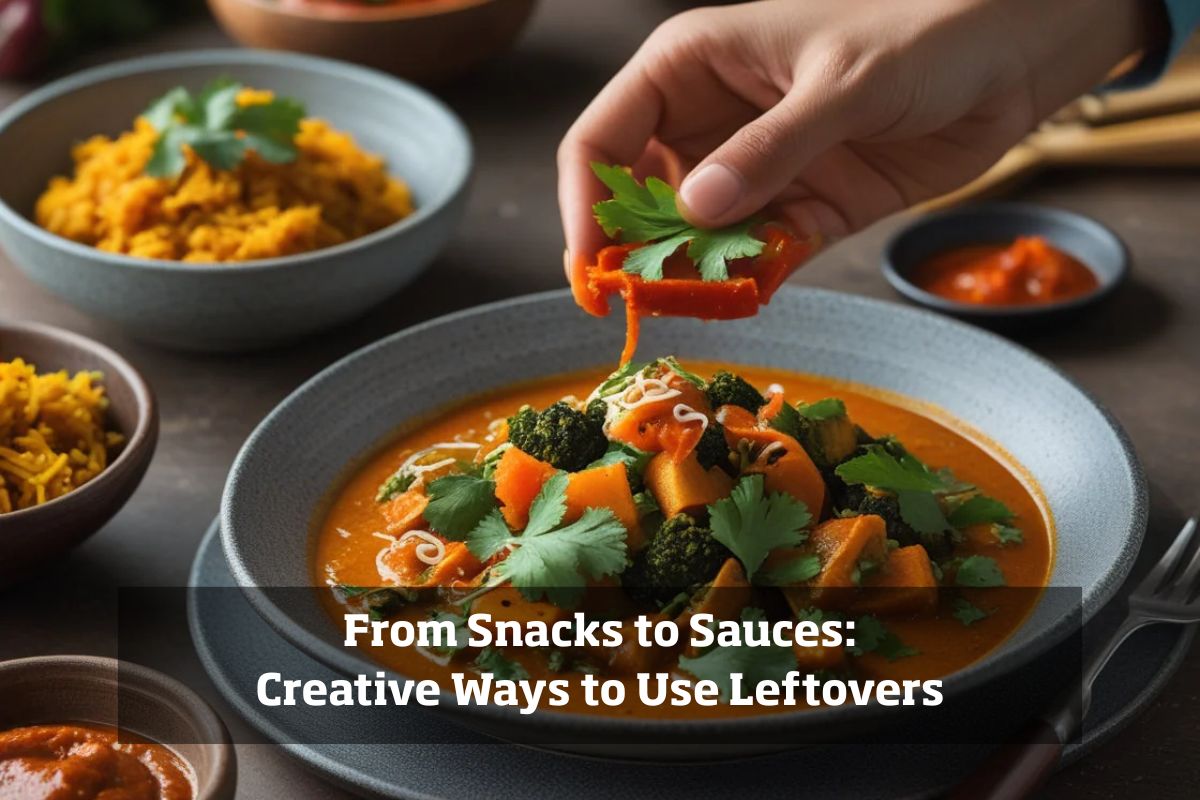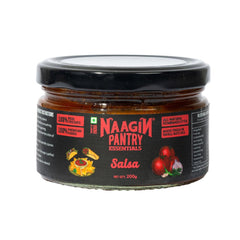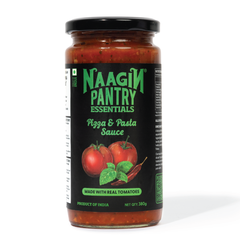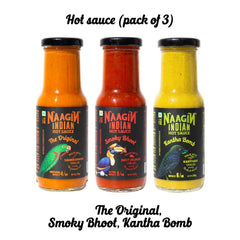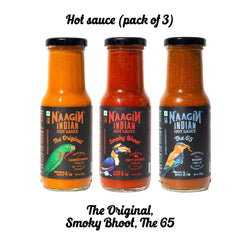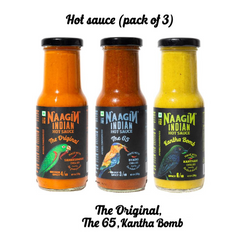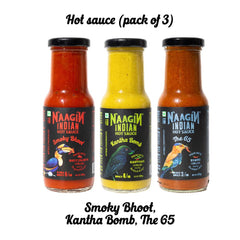
Marinating is one of the simplest yet most effective ways to elevate your cooking, transforming even the most basic ingredients into flavour-packed delights. But what exactly happens when you marinate food? The process is more than just soaking meat or vegetables in a mixture of spices and liquids—it’s a chemical reaction that enhances taste, texture, and even the nutritional value of your dish.
Let’s dive into the science behind marinating and how you can master it for the best results.
How Marination Works
At its core, marination involves submerging food in a seasoned liquid to improve its flavour, tenderness, and juiciness. The three main components of a marinade—acids, enzymes, and fats—each play a crucial role:
1. Acids: Breaking Down Tough Fibres
Acids such as vinegar, citrus juice, yoghurt, and buttermilk help tenderise proteins by breaking down their connective tissues. This makes meat softer and more flavourful as it absorbs the marinade.
Best acidic ingredients for marination:
-
Lemon juice (adds brightness and cuts through richness)
-
Vinegar (sharp and tangy, great for barbecue-style dishes)
-
Yoghurt (used in Indian and Middle Eastern marinades for its gentle tenderising effect)
-
Buttermilk (commonly used for fried chicken to keep it moist and flavourful)
2. Enzymes: Nature’s Tenderisers
Some ingredients contain natural enzymes that break down proteins, making meat more tender. However, excessive use can cause the texture to become mushy.
Common enzyme-rich ingredients:
-
Pineapple (bromelain enzyme)
-
Papaya (papain enzyme)
-
Kiwi (actinidin enzyme)
-
Figs (ficin enzyme)
3. Fats: Carriers of Flavour
Fats in marinades help distribute flavour evenly and keep the food from drying out during cooking. They also help carry fat-soluble flavours deeper into the food, ensuring that the taste is well-balanced.
Best oils for marination:
-
Olive oil (adds richness and enhances Mediterranean dishes)
-
Sesame oil (brings a deep, nutty flavour, perfect for Asian-style marinades)
-
Chilli-infused oil (adds both heat and depth—try Naagin’s Crispy Chilli Oil for a bold kick)
The Role of Salt and Spices
Salt plays a dual role—it helps draw out moisture, making room for flavour absorption, and alters protein structure to enhance tenderness. Adding salt-based components like soy sauce or miso paste can create even richer umami depth.
Spices, herbs, and aromatics like garlic, ginger, cumin, and paprika not only contribute to taste but also interact with fats and acids to develop complex layers of flavour. A splash of Naagin’s Smoky Bhoot or The 65 can intensify the heat and umami balance in your marinade.
How Long Should You Marinate?
Marinating times depend on the type of food:
-
Seafood: 15–30 minutes (delicate proteins break down quickly)
-
Chicken: 2–4 hours (for deep flavour without over-softening)
-
Red Meat: 4–24 hours (longer marination enhances tenderness)
-
Vegetables: 30 minutes–1 hour (absorbs flavours quickly)
Pro Tip: Over-marinating, especially with acidic ingredients, can make food mushy instead of tender. Always follow recommended times for best results.
Cooking Methods and Marinated Foods
Different cooking techniques can further enhance the effect of marination:
-
Grilling: Adds a smoky char while sealing in moisture.
-
Pan-Searing: Creates a crisp outer crust while keeping the inside tender.
-
Baking/Roasting: Allows flavours to meld deeply into the food.
-
Stir-Frying: Quick cooking helps retain the texture of marinated meats and vegetables.
Experiment with Marinades
If you want to step up your marination game, try experimenting with different ingredients. Here are a few ideas:
🔥 Spicy Tandoori Marinade (Perfect for chicken, paneer, or vegetables)
-
Yoghurt
-
Lemon juice
-
Garlic and ginger paste
-
Turmeric, cumin, and garam masala
-
A splash of Naagin The 65 for an extra burst of spice
🔥 Smoky BBQ Marinade (Great for meats and mushrooms)
-
Tomato paste
-
Apple cider vinegar
-
Smoked paprika
-
Brown sugar
-
Naagin Smoky Bhoot for a bold, lingering heat
🔥 Zesty Chilli-Lime Marinade (Best for seafood and tofu)
-
Lime juice
-
Olive oil
-
Garlic
-
Fresh coriander
-
A dash of Naagin Crispy Chilli Oil for a hint of smokiness
Final Thoughts
Marinating isn’t just a step in cooking—it’s a game-changer. By understanding how acids, enzymes, fats, and seasonings interact with your food, you can achieve restaurant-quality flavours in your own kitchen. Whether you’re grilling, roasting, or pan-searing, a well-crafted marinade will ensure every bite is packed with depth and character.
And if you’re looking for a way to add bold heat to your marinades, Naagin’s range of chilli sauces and oils are the perfect ingredients to bring a gourmet, fiery twist to your dishes.


